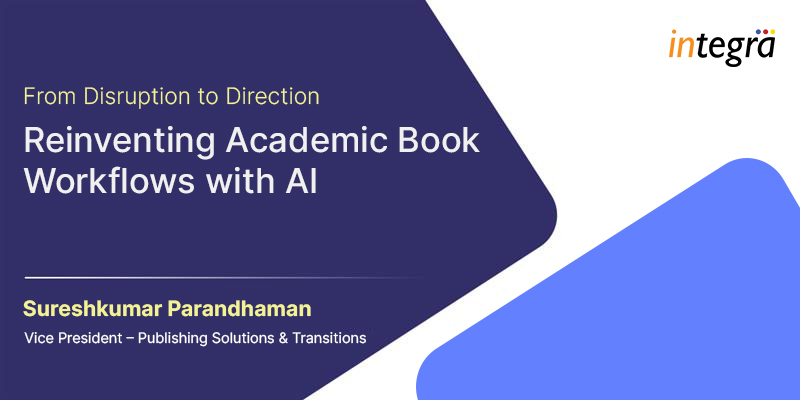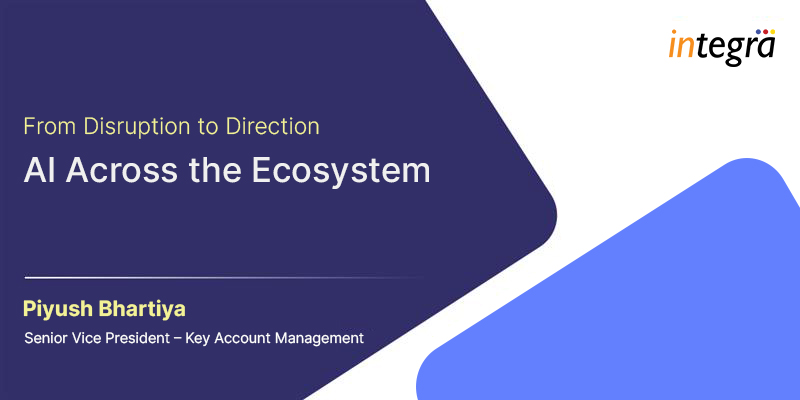
The healthcare industry has been growing exponentially, driven by innovations that enhance diagnostics, patient care, and clinical productivity. However, any healthcare system is only as strong as its health workers. Given the pace of evolution of medical treatments and technologies, continued learning becomes indispensable for this sector. At the same time, regulations are stringent and regulatory frameworks constantly undergo changes. This again highlights the need for a powerful healthcare learning management system (LMS) to support healthcare professionals keep their knowledge and skills at the cutting-edge of medicine.
Transforming Healthcare Learning with an LMS
Technology is empowering healthcare professionals to offer better care, whether it is via wearable health monitoring devices, remote surgery and patient care, or personalized care. At the same time, advances in technology are also powering the training of every type of healthcare worker to deliver the best possible care while staying abreast of the latest regulatory requirements.
Here’s a look at how the top learning management systems are supporting continued learning in this vital industry.
1. Flexibility for Self-driven Learning
Healthcare professionals tirelessly serve the community, making it challenging to find time and mental capacity for active learning. Shift-based and extended working hours further complicate large-scale training scheduling. An LMS customized to meet the needs of healthcare domain, offers a solution by enabling self-driven micro-learning modules for easy comprehension and retention. It allows anytime, anywhere learning at the learner’s pace and breaks geographical barriers, enabling training deployment across regions and time zones.
2. Personalized Learning Paths
The healthcare sector has many sub-sections, such as healthcare technology, healthcare services, patient care, pharmaceuticals, medicine, radical care, etc. A best learning management system will collect learner data to identify competency gaps, areas of improvement, and learning goals. This enables the development of personalized learning paths to ensure targeted learning, based on the professional requirements of each enrolled individual. Personalized learning paths can include case studies, simulations, and interactive exercises that mimic real-world healthcare scenarios. This approach not only reinforces theoretical knowledge but also helps professionals develop problem-solving skills and critical thinking abilities necessary in their daily work.
3. Standardized Training and Compliance
It is easy to integrate compliance databases in the LMS to deliver training based on urgency and necessity. These LMSs are capable of shortlisting employees that need training and suggest suitable learning schedules based on the importance of compliance to their job profile. LMSs provides a centralized platform for healthcare institutions to create and distribute standardized training content. Standardized content guarantees consistency in training, promoting uniformity in practices and procedures throughout the healthcare organization.
The healthcare industry is heavily regulated, with various guidelines, protocols, and standards that must be followed to ensure patient safety and quality of care. An LMS can be customized to deliver training modules that align with these industry regulations, making it easier for healthcare professionals to stay compliant with evolving guidelines. This helps the institution maintain a high level of quality and safety in its operations.
4. Tracking Progress and Performance
A comprehensive healthcare LMS eliminates manual intervention that would be otherwise required to track and assess learner progress. With in-built question banks and assessment modules, evaluating learning becomes effortless. Integrating employee activity data into the LMS makes performance data accessible for analytics to assess learning outcome achievement. Administrators can identify departments that excel in certain areas and share best practices with other teams. Benchmarking performance against industry standards can also reveal areas where the institution needs to improve. It can also be used to better align learning goals with employee performance parameters. By tracking progress and performance, an LMS promotes a culture of continual learning and development among healthcare professionals.
5. Collaborative Learning and Knowledge Sharing
Advanced LMSs include discussion forums and chat rooms for learners to discuss and share their insights. Live chat and messaging rooms can also be used by experts to share their wisdom and facilitate experiential learning. Additionally, live messaging and peer-based learning facilities help foster a culture of learning and growth among the staff. In complex healthcare settings, different departments often need to work together to deliver comprehensive care to patients. An LMS can bridge the gap between these departments, encouraging collaborative learning and knowledge sharing that leads to better coordination and improved patient outcomes.
Integra’s SkillPilot is an advanced AI-powered learning management system that can be scaled to meet all the requirements of the health care industry, equipped with powerful learner, content, and education management facilities. Contact us now to learn how this platform can revolutionize continued learning in healthcare.
Recent Blogs

Research Integrity vs. Publication Integrity: Clarifying Responsibility in Scholarly Publishing

From Disruption to Direction: Reinventing Academic Book Workflows with AI


